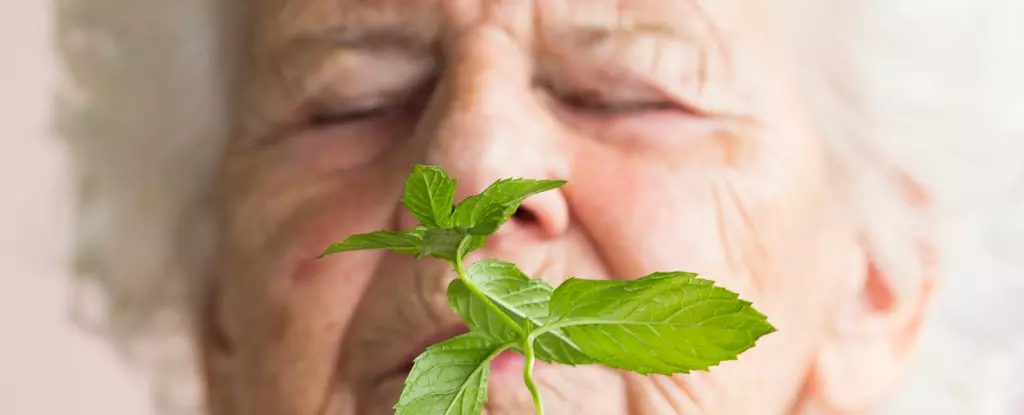In a groundbreaking study published in April 2023, scientists made a remarkable discovery that sheds light on the complex interplay between our sense of smell and cognitive health. Researchers have demonstrated that inhaling menthol can significantly improve cognitive abilities in mice affected by Alzheimer’s disease. This is not just a trivial find; it represents a potential breakthrough in how we approach therapies for neurodegenerative diseases. The implications of such findings can provide pathways not only for prevention but also for reversing cognitive decline, opening doors to radically new treatment methodologies.
The Immune Response Connection
At the heart of this research is the interleukin-1-beta (IL-1β) protein, a component of the puzzling immune response that can be both protective and detrimental. While our immune system is designed to shield us from harm, uncontrolled inflammation can wreak havoc on our neurological health, particularly in conditions like Alzheimer’s. The study revealed that menthol exposure led to a significant reduction in IL-1β levels, hinting at its role in the pathology of Alzheimer’s. This raises an eyebrow: could there be a simple and non-invasive way to modulate our immune response through scents? If further validated, this could transform our understanding of how non-pharmaceutical interventions could mitigate disease progression.
Cognitive Revival Through Aromatherapy?
The findings also indicate that menthol doesn’t merely halt the decline of cognitive abilities; it appears to enhance the cognitive function of healthy young mice as well. This notion challenges the traditional boundaries of therapeutic approaches, suggesting that something as mundane as inhaling a pleasant scent could have profound effects on brain functions. Given the historical focus on pharmaceuticals in combating Alzheimer’s, the paradigm shift towards olfactory interventions invokes a level of excitement that has often been reserved for radical breakthroughs in medicine. As Juan José Lasarte, a prominent immunologist involved in the study, noted, “Menthol acts as an immunostimulatory odor.” This places menthol in a unique category of potential treatments that may stimulate both the immune and central nervous systems.
The Broader Implications of Smell
Understanding how smells can impact cognitive functionality opens a treasure trove of possibilities in medical science and well-being. Our olfactory system appears to be intricately intertwined with emotional and cognitive processes, influencing both memory formation and emotional responses. This connection has been established in various studies, which have shown that conditions like Alzheimer’s and Parkinson’s often result in a diminished sense of smell. This highlights an essential link: when our senses degrade, so might our cognitive health. Therefore, interventions focused on olfactory stimulation could be pivotal in preventing or alleviating mental deterioration.
Promising Pathways Ahead
While the findings in mice are promising, one must note the inherent limitations. The translation of animal studies to human applications is fraught with complexities. Though promising, these results necessitate further investigation in human populations to validate their efficacy and safety. However, the direction indicated by this research suggests a burgeoning field where olfactory science may play a functional role in Alzheimer’s treatment. With ongoing studies likely to explore this premise further, it becomes essential for the medical community to consider how alternative sensory therapies could augment traditional treatments. This research could ultimately lead to best practices in usage, dosage, and potential combinations with existing therapies.
In a world increasingly focused on pharmacology, the idea of simple olfactory stimulation as a legitimate therapeutic avenue challenges the status quo. It is a heady reminder that nature’s solutions—found in familiar scents—may offer powerful healing properties yet to be fully understood or leveraged. Hence, the future of cognitive health treatments could very well lie in the scent of everyday life, waiting to be harnessed.


Leave a Reply